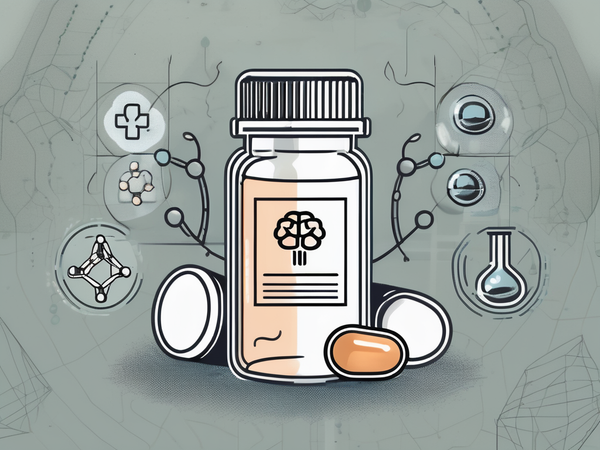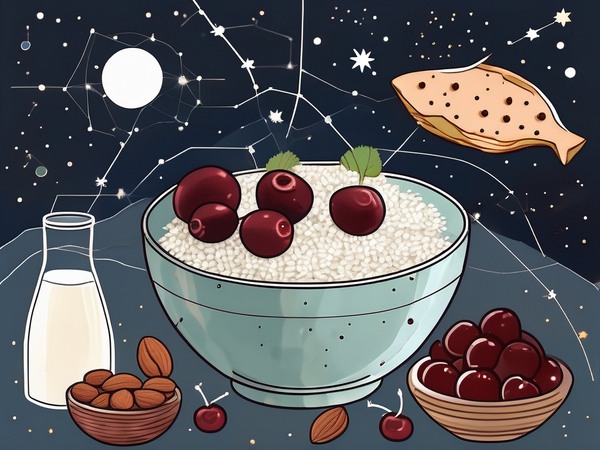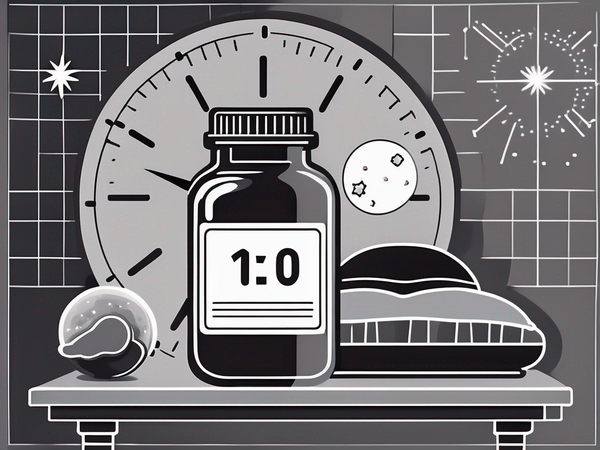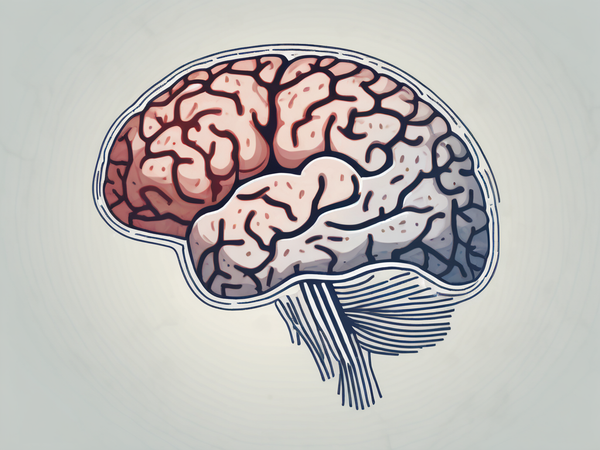Don’t reach for a cupcake when you feel low. It may seem like a quick fix, but it will only make you feel worse later. Sugar and caffeine can give you a temporary boost, but they also cause a crash that leaves you drained and unhappy. Foods can affect your mood and stress levels in positive or negative ways.
Anxiety is a common reaction to stress, and it can happen at any time. Life is full of unpredictable events that can make you anxious. You may find supplements for anxiety helpful, but you can also improve your mood and reduce your anxiety by choosing the right foods. Here are some foods that can calm you down and lift your spirits:
Foods That Help Fight Anxiety and Stress
1. Green, Leafy Veggies
Green leafy vegetables such as spinach, chard, lettuce, watercress, and kale contain high amounts of magnesium and folic acid. These nutrients are essential for making serotonin, norepinephrine, and dopamine, which are brain chemicals that regulate mood and pleasure. Serotonin and dopamine are often referred to as happy hormones because they make us feel good. Magnesium also helps calm the nerves and reduce pain, anxiety, and stroke risk. Eating green, leafy vegetables regularly can help you get enough vitamins for nervousness and improve your well-being.
2. Healthy Fats Like Flaxseeds
Healthy fats such as omega-3 fatty acids have been essential in regulating mood-related disorders like anxiety, stress, and depression by enhancing neuron functions, preventing brain cell death, and acting as anti-inflammatory agents. Omega-3 fatty acids like EPA and DHA have the capacity to cross cell membranes and interact with mood-related molecules. Thus, children and adults with depression can benefit from taking omega-3 fatty acid supplements. It has also been effective in reducing the incidence of postpartum depression in pregnant women. Since people feel uncomfortable taking drugs like antidepressants while pregnant or nursing, using omega-3 supplements is a safer alternative. Some rich sources of omega-3 fatty acids include fatty fish (salmon, tuna, mackerel, herring, and sardines), walnuts, flaxseeds, and chia seeds.
3. Green Tea
Green tea is helpful not only for Weight Watchers but also for someone who is seeking to reduce his or her anxiety levels and improve their mood. 5% of the dry weight of green tea is made up of caffeine, which is known to improve mood, alertness, and cognition. 50–80% of green tea contains antioxidants known as EGCG. This EGCG is thought to improve memory and attention and provide a calmer effect. While l-theanine makes up about 1-2 % of the dry weight of green tea. L-theanine is an amino acid that has been proven to provide relaxation and a calming effect by increasing levels of GABA and happy hormones (dopamine and serotonin). GABA is an inhibitory neurotransmitter that counterbalances the effect of excitatory neurotransmitters and controls nerve cell hyperactivity associated with stress, anxiety, and fear. Thus, providing a relaxing and calming effect.
4. Fermented Foods
Fermented foods are great for our gut health as they serve as probiotics. Probiotics are foods that help the good microbes residing in our gut grow and flourish. These good microbes not only help us with digestion, but they also boost our immunity. According to research, fermented foods such as kimchi, yogurt, sauerkraut, and pickles tend to reduce anxiety. It is believed that the good bacteria from fermented foods boost the production of GABA in the brain, which exhibits effects like those of mind-relaxing medicine.
5.Dark Chocolate
How does taking a bite of chocolate feel? We don’t need any proof to state that chocolate alleviates our mood. But beware: if you're eating sugar-laden milk chocolate, it is not a healthy way to do so. Opt for dark chocolate instead. Dark chocolate may taste bitter compared to sweet-tasting milk chocolate, but its health benefits are enormous owing to its higher percentage of cacao. Polyphenols are a special compound found in cacao that has a calming and positive effect on anxiety, as per certain studies. Furthermore, dark chocolates contain high amounts of magnesium, and the role of magnesium for anxiety management has been proven in many studies. Eating chocolate has also been shown to release four types of brain chemicals: endorphins, serotonin, dopamine, and oxytocin, which are associated with pain relief, happiness, pleasure, and love, respectively.
Wrapping Up
Our mood and stress levels can be affected positively or negatively by the foods we eat. So ensure that you include the right foods to reduce your anxiety and uplift your mood. You can also use anxiety supplements for the same reason. Anxiety supplements come in various forms, such as pills, powders, oral strips, or liquids. Look out for ingredients such as magnesium for anxiety relief or l-theanine that will give you a calming effect. Some of the best anxiety supplements may use ingredients such as Suntheanine®, which is a more potent form of L-theanine, along with herbs like chamomile and lemon balm to provide you with a unison effect of calm and relaxation. So stress no more and boost your mood with the above-listed foods or anxiety supplements. Remember to discuss this with your medical practitioner before starting any anxiety supplement.
References
https://ro.co/health-guide/foods-for-anxiety/
https://health.clevelandclinic.org/how-foods-impact-your-mood/
https://www.ncbi.nlm.nih.gov/pmc/articles/PMC7322666/
https://www.mind.org.uk/information-support/tips-for-everyday-living/food-and-mental-health/
https://www.pcrm.org/good-nutrition/food-and-mood
https://www.ucihealth.org/blog/2018/11/food-anxiety
https://www.psychiatrist.com/jcp/depression/folate-depression-efficacy-safety-differences-formulations/
https://www.google.com/url?sa=t&rct=j&q=&esrc=s&source=web&cd=&cad=rja&uact=8&ved=2ahUKEwjogYCLz-WAAxUK4TgGHTWgC20QFnoECA0QAw&url=https%3A%2F%2Fmy.clevelandclinic.org%2Fhealth%2Farticles%2F22857-gamma-aminobutyric-acid-gaba&usg=AOvVaw3h39O9uWeDwvCCs-CsrGUC&opi=89978449
https://education.nationalgeographic.org/resource/feeling-anxious-have-pickle/
https://www.ncbi.nlm.nih.gov/pmc/articles/PMC5736941/



























 DOWNLOAD NOW
DOWNLOAD NOW
